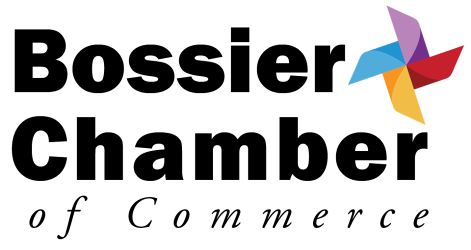U.S. Chamber leads immigration reform discussion
April 18, 2023
From the U.S. Chamber
Our nation’s border security and legal immigration systems are broken. Our legal immigration system has been outdated for decades, which has directly contributed to the significant security challenges on our southern border. Millions of people cross into the country illegally, while those seeking to lawfully enter the country struggle because our current laws are unresponsive to the dynamic needs of the American economy.

These failures of our current immigration system impose significant costs on American communities and our economy. Companies are experiencing significant workforce shortages despite their sizable investments in expanding U.S. talent pipelines. As a result, companies of all sizes and across a host of industries are wrestling with the myriad problems caused by their inability to adequately tap into global talent to meet their workforce needs. These issues can only be addressed by congressional action.
For too long, congressional efforts to confront America’s immigration challenges have stalled. Attempts to address these problems “comprehensively” have all met with failure. What has shown more promise in attracting the bipartisan support that will be necessary to make law are efforts that seek to combine subsets of policies to improve border security with policies that will improve the operation of our legal immigration system.
When it comes to individual priorities, our organizations may differ, but the one thing we agree on is that another year of inaction on border security and legal immigration reform is not an acceptable option. The failure to enact reforms will deepen these current crises.
That is why the U.S. Chamber formed the Legal Immigration and Border Enforcement Reform This Year (LIBERTY) Campaign, to call upon Congress to enact measures this year to improve the border and our legal immigration system. Any progress that Congress can make can become the foundation for additional reforms.
There are numerous areas that could form the basis of bipartisan compromises that would break the current gridlock, including:
- Increasing the human, physical, and technological resources along the southern border and at our ports of entry;
- Sensibly reforming our nation’s asylum laws;
- Instituting modern, effective, and efficient employment verification reforms;
- Significantly increasing the annual quotas for employment-based immigrant and nonimmigrant visas;
- Expanding the scope of essential worker programs, specifically allowing employers to meet temporary labor needs in non-seasonal jobs;
- Creating new visa options for international students, entrepreneurs, and other high-demand workers to help American employers meet their critical workforce needs.
Ultimately, elected officials will have to negotiate what can secure the necessary votes in both Houses of Congress and the President’s signature. We are committed to working with lawmakers who share our view that finding reasonable compromises is the only path forward to securing our border, averting further humanitarian crises, and meeting the economic needs of the United States.

